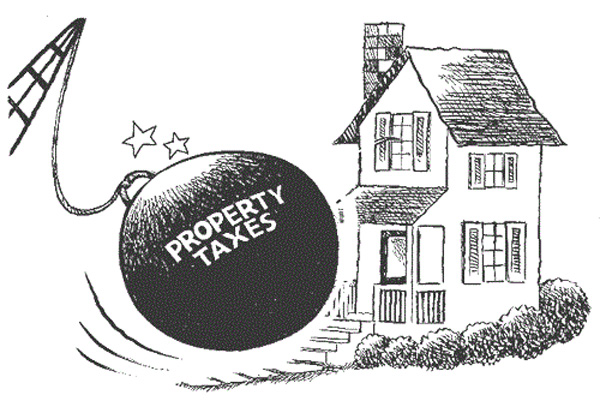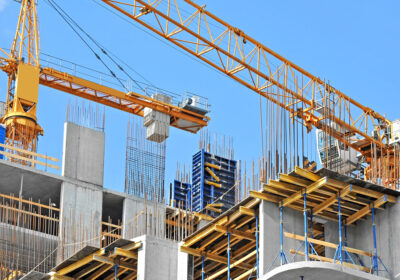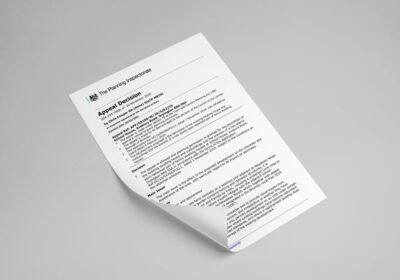The Chancellor has some decisions to make and they will not be easy. The Government borrowed an eye watering £300 bn in the first 8 months of this financial year. National debt now sits above £2 trillion and over 100 pc of GDP, the first time since the war. There will be a reckoning and property is in the cross hairs.
Room for manoeuvre is limited. Income, VAT and National Insurance, are all ringfenced by virtue of the Conservative manifesto. Corporation tax is up for grabs. It is said that Chancellor Rishi Sunak doesn’t believe that a low rate drives inward investment. Speculation is that it’s likely to rise from the current 19% with every additional 1% raking in £3.4bn.
Then there is capital gains tax. Analysis from the Treasury identifies that those who benefit the most from its relief are already considered very wealthy. Aligning CGT with income tax seems a likely move. Yet, even with CGT alignment and a corporation tax rise there will not be enough cash to pay off the debt. The property sector could be in line for a shake up.
Real estate taxation
Let me try and summarise the tangled web of property taxes in a single paragraph. When land is developed, it pays tax known as the community infrastructure levy (CiL). When land is used either as housing or for business purposes, it pays rates, either council tax or business rates. When a real estate asset is sold, it pays a transaction tax, the dreaded stamp duty.
The system is acknowledged by all as a total mess. The different types of taxation do not sit well together and too often create perverse behaviors.
Let’s start with development taxation. There is the CiL sitting uncomfortably alongside the Section 106 regime which it was originally envisaged to replace and affordable housing requirements. It is a regime in conflict with itself and is central to the underperformance of UK housing infrastructure.
Let’s move to council tax, an edifice worked off 1991 property valuations which fails to effectively fund the part of the public sector it’s meant to serve. It’s incredible that this tax is based on valuations which are thirty years old with properties appearing in their original bands on your local council website.
Then we have stamp duty which started life as a minor tax on transactions. Today it sits as a key revenue earner dictating the pace and sentiment of the market.
The Chancellor’s recent temporary exemption has set off a number of campaigns wishing to see its demise. Stamp duty does distort the market, look no further than the amount of activity which has taken place during the exemption period.
Capital Economics, a consultancy, warned this week that an end to the exemption would mean new builds could fall from 152,000 in 2019 to 130,000 in 2021 and 2022. They are also predicted a halving of transactions. Meanwhile, a recent LSE report identified a chief effect of the duty has been a reduction in housing mobility.
What next
If the Government wants to be radical, it will end the blunt and distortive stamp duty and the barely fit for purpose council tax regime and in its place bring in a new property levy. This will mean the higher the value of the home, the more someone will pay on an ongoing basis. It will not be without its losers and it will cause some headaches for natural Tory voters.
The Government could be even more radical and consider a land value tax. But don’t hold your hopes up. It wont fly for the simple reason that it will result in a mountain of paperwork and dispute even though there are some strong merits.
An ongoing property levy is less radical and it is neat. It would follow the line of thought proposed with the forthcoming infrastructure levy. The infrastructure levy set out in the Planning for the Future consultation is likely to happen and is also a value based tax. It makes sense to set all tax on the same metric than have different taxes doing different things with the same asset class.
With a huge debt pile to deal with, now is the time to make some changes which are arguably long over due. However, it won’t be easy and whilst stamp duty is not popular there is no guarantee that what comes in its place will be better.










